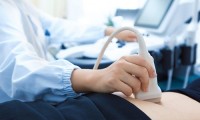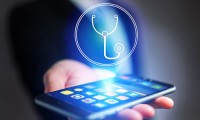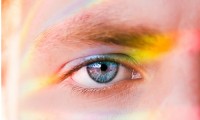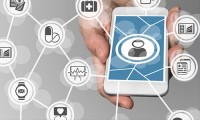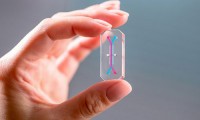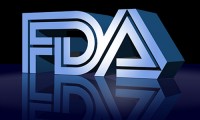-
Ultrasounds Systems to Augment Competencies of Healthcare Sector
- Source: Ddu
- 587
- May 23, 2018
-
Digital Health Card on WeChat
- Source: drugdu
- 766
- May 23, 2018
-
Correct Color Blindness Using Contact Lens
- Source: Ddu
- 400
- May 18, 2018
-
Power of mHealth technology elucidated by telepsychiatrist
- Source: Ddu
- 750
- May 18, 2018
-
Apple health record app can disrupt the health data industry
- Source: drugdu
- 745
- May 18, 2018
-
R&D for organ-on-a-chip tech by AstraZeneca and Emulate.
- Source: Ddu
- 764
- May 17, 2018
-
The imperative for securing connected medical devices
- Source: Ddu
- 676
- May 17, 2018
-
Trump calls for FDA price check with drug prices in ads
- Source: Ddu
- 805
- May 17, 2018
-
New Sensor Detects Arsenic Contamination in One Min
- Source: Ddu
- 742
- May 17, 2018
-
Security issues with Philips, GE, and Silex medical devices
- Source: HealthIT news
- 625
- May 15, 2018
your submission has already been received.
OK
Subscribe
Please enter a valid Email address!
Submit
The most relevant industry news & insight will be sent to you every two weeks.

